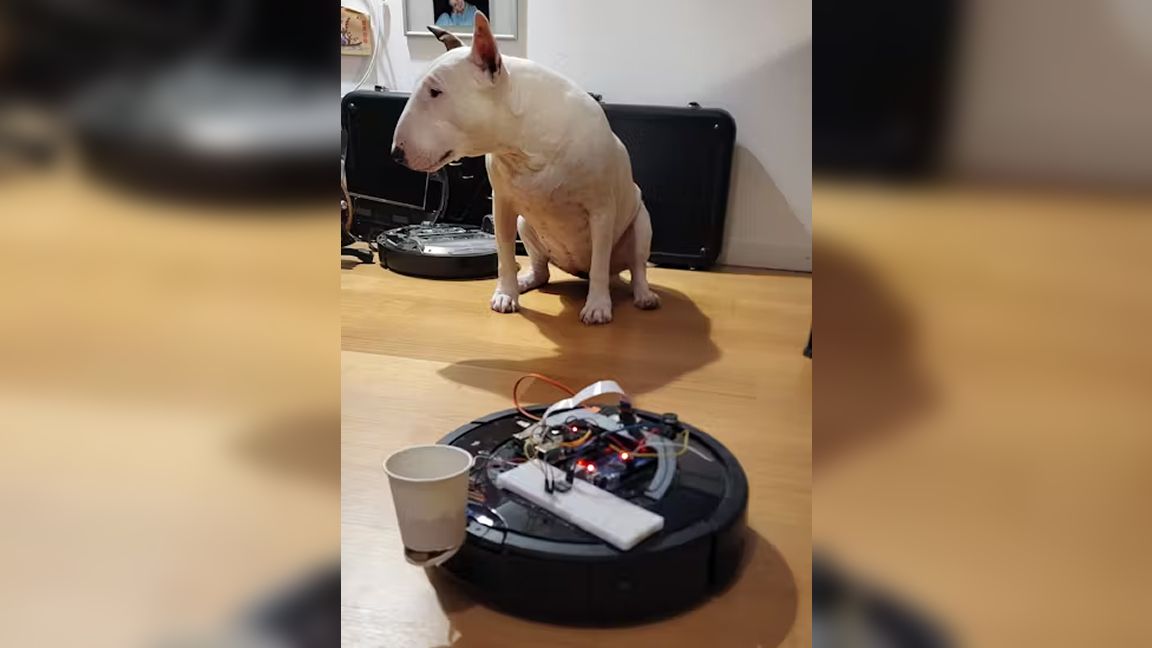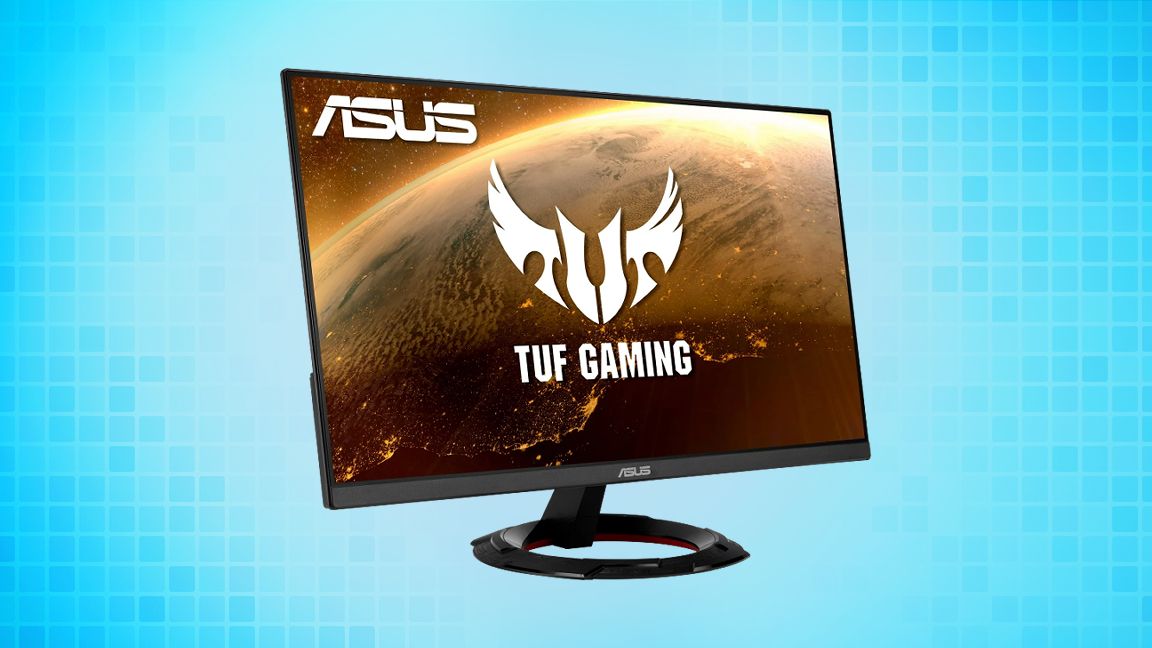Intel is set to spin off its RealSense depth camera business by mid-2025, the company confirmed in an interview with The Robot Report. The new venture will remain part of Intel's Capital portfolio and maintain its existing product lineup, roadmap, and customer support. This decision is said to be a strategic move to enhance RealSense's growth potential, not a reaction to Intel's financial challenges, according to the report.
"After 10 years of incubation, Intel is unleashing the potential of the Intel RealSense computer vision-AI portfolio in a standalone [Intel Capital] portfolio company by the first half of 2025," Intel said, in a statement published by The Robot Report. "We are committed to ensuring a smooth transition for our customers and continue to provide support throughout the process."
RealSense has been a small part of Intel since its creation in 2013, emerging from the Perceptual Computing division and rebranded in 2014. The company attempted to make RealSense cameras a part of its PC platforms in the mid-2010s, but after several generally failed attempts and the emergence of Windows Hello, it ceased to push the technology into the mainstream and focused on specialty applications.
Nowadays, RealSense develops AI-driven computer vision devices, such as depth cameras, biometric tools, robotics solutions, and healthcare metrics. The new entity reportedly plans to expand into areas like stereo vision, robotics, and AI software and hardware. RealSense products are widely used in robotics and automation. Notably, ANYbotics's ANYmal quadruped robots rely on six RealSense D435 modules to map their surroundings and navigate challenging terrain.
Intel explained that spinning out RealSense allows the business to operate more flexibly, respond swiftly to market demands, and invest more effectively in its growth.
This development follows a rather unsettling period for RealSense. In 2021, Intel announced plans to shut down the division, but then decided to shrink the product lineup and keep the unit operational. RealSense’s future as an independent company signals another significant shift in its story.
While independence offers opportunities for innovation and agility, it introduces new challenges. RealSense will need to sustain itself financially without Intel's extensive resources and maintain the confidence of its customers and partners. It remains to be seen whether RealSense will be able to successfully compete in the evolving market for affordable, high-quality depth-sensing solutions. The good news, though, is that the company already has an established customer base.

 1 week ago
18
1 week ago
18








 English (US) ·
English (US) ·